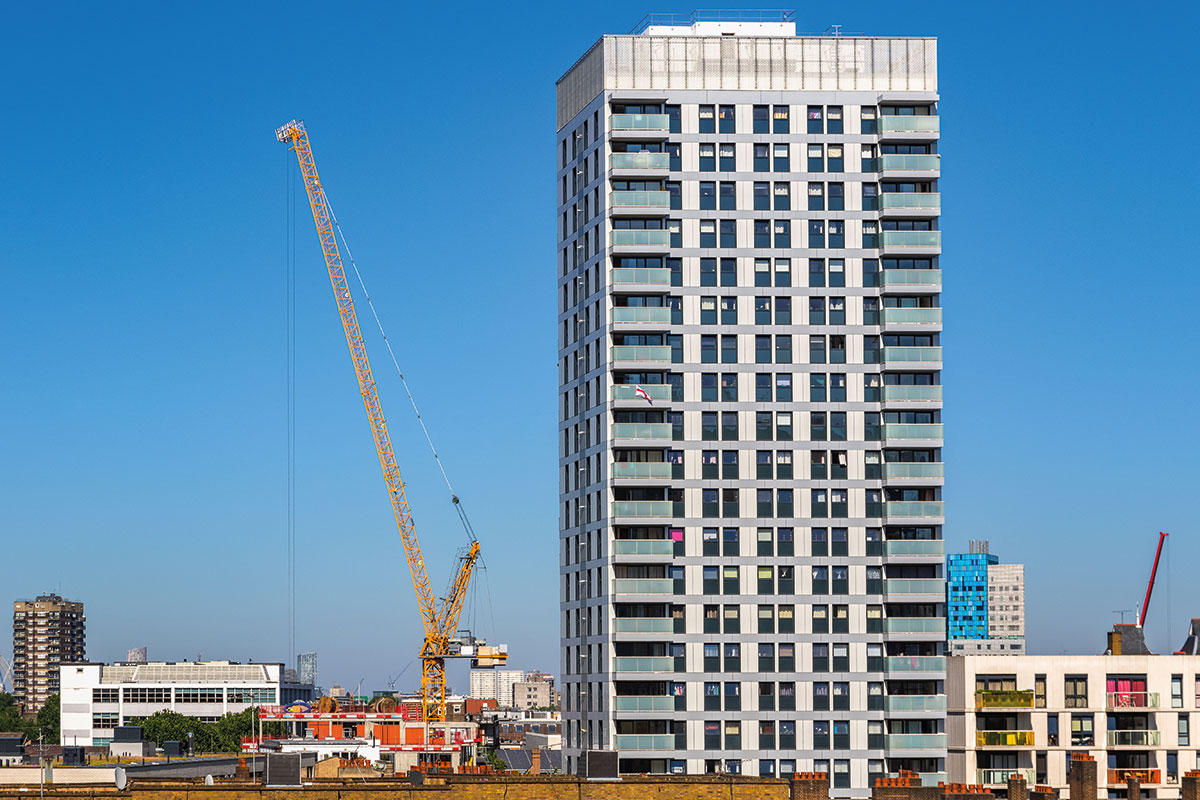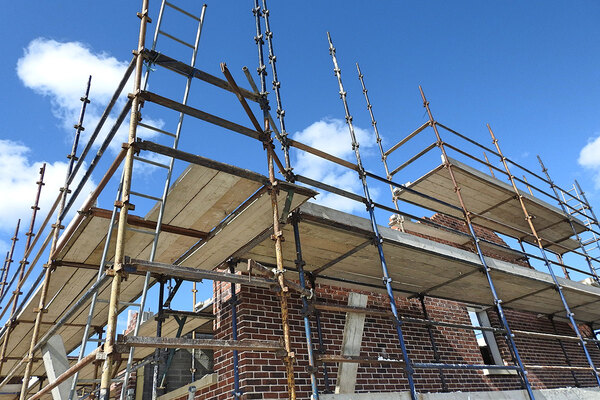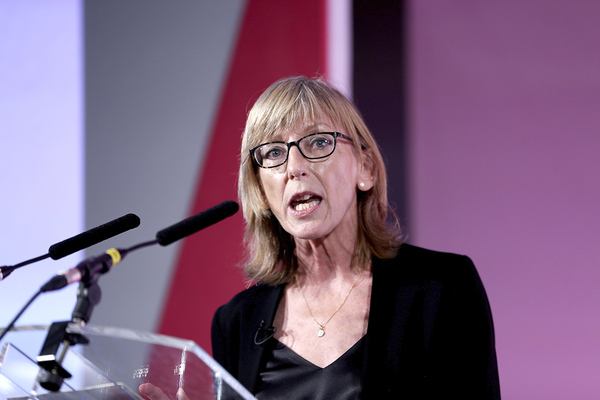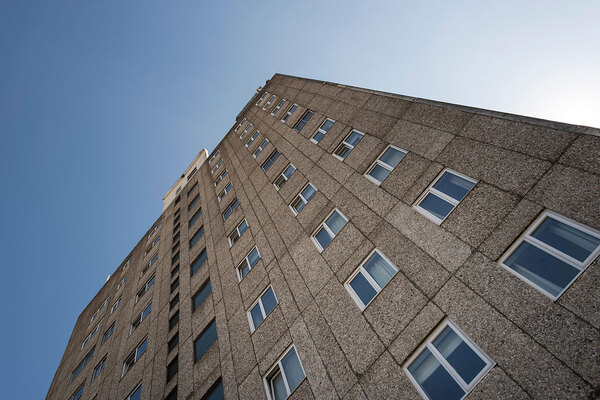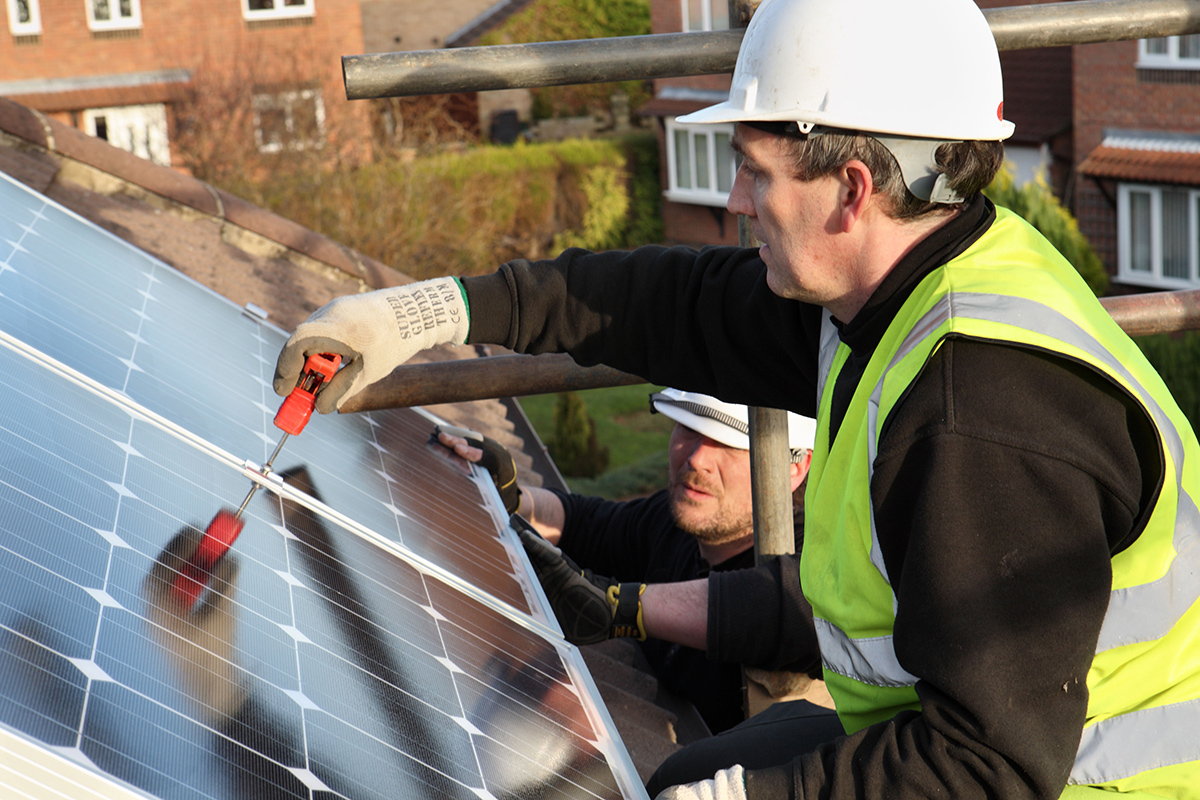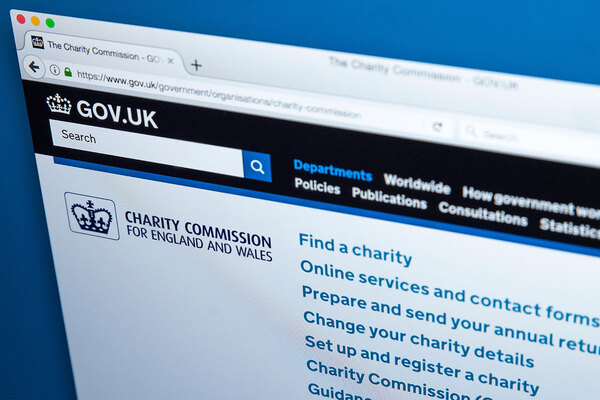NHF warns one in 10 new affordable homes could be lost over building safety costs
One in 10 new homes previously targeted by housing associations will no longer be built, because of the added cost of fire safety works, a new survey by the National Housing Federation (NHF) has suggested.
The survey of 106 housing associations found that 11 per cent of planned new affordable homes to rent and buy in England cannot now be built without additional funding for safety works.
Of those surveyed, 61 landlords were found to have dangerous materials on their buildings since the Grenfell Tower fire in 2017.
The increased costs mean that the associations will not reach a previous combined target of 116,777 affordable homes over the next five years and will collectively have to cut their planned stock by 12,900 units, according to the survey.
The NHF said associations built 25 per cent of all new homes in England last year, including most of the new affordable homes.
The survey highlighted that those in need of social rented homes are most likely to suffer because associations build most social rent homes with their own income, rather than with government grant.
The fire safety costs are also having an impact on tenants already in social rented homes, as associations are unable to maintain the homes their social tenants live in at the same rate, with a reported £730m being diverted away from routine maintenance works to pay for safety costs.
Associations have said that it will cost more than £10bn for them to bring their buildings up to fire safety standards, which will harm their housebuilding and stock maintenance efforts.
In February, the government announced it would make £3.5bn of funding available for leaseholders to remove unsafe cladding from high-rise buildings, but no such funds are available for buildings with social housing tenants.
The NHF is calling on the government to fund the upfront costs of all fire safety works on behalf of social housing residents and leaseholders, and claim this money back from those responsible such as private developers and manufacturers, once works are completed.
Ahead of the Spending Review next week, the NHF has also asked the government to support shared ownership leaseholders who do not currently qualify for government funding.
The federation has also stated it wants not-for-profit registered providers to be made exempt from any proposed cladding tax on developers, including any of their commercial properties, as laid out in the government’s proposed Building Safety Levy.
In response to a consultation on the levy, the G15, a collection of London’s largest social landlords said: “The G15 support the levy in principle, as it will help to raise funds for vital remediation works.
“The upmost priority of G15 members is keeping their residents safe. Over the next 15 years, our members estimate that they will invest £3.6bn into building safety remedial works. This is the equivalent to building 72,000 homes which are needed across the country and in London.”
Kate Henderson, chief executive of the National Housing Federation, said: “This research shows that the costs of making buildings safe will be borne by the poorest people in our society for many years to come.
“Not-for-profit housing associations are putting their residents’ safety first, but without funding, they are left with no choice but to divert money away from building new social housing for those most in need. It is simply not right that people who are at no fault and on the lowest incomes in this country are left to shoulder these costs.
“Those responsible for this crisis – developers of unsafe homes and manufacturers of dangerous materials – must be made to pay. In the meantime, we urge the government to do the right thing, and fully fund the upfront costs of making buildings safe.”
Sign up for Social Housing’s weekly news bulletin
Social Housing’s weekly news bulletin delivers the latest news and insight across finance and funding, regulation and governance, policy and strategy, straight to your inbox. Meanwhile, news alerts bring you the biggest stories as they land.
Already have an account? Click here to manage your newsletters.
RELATED
